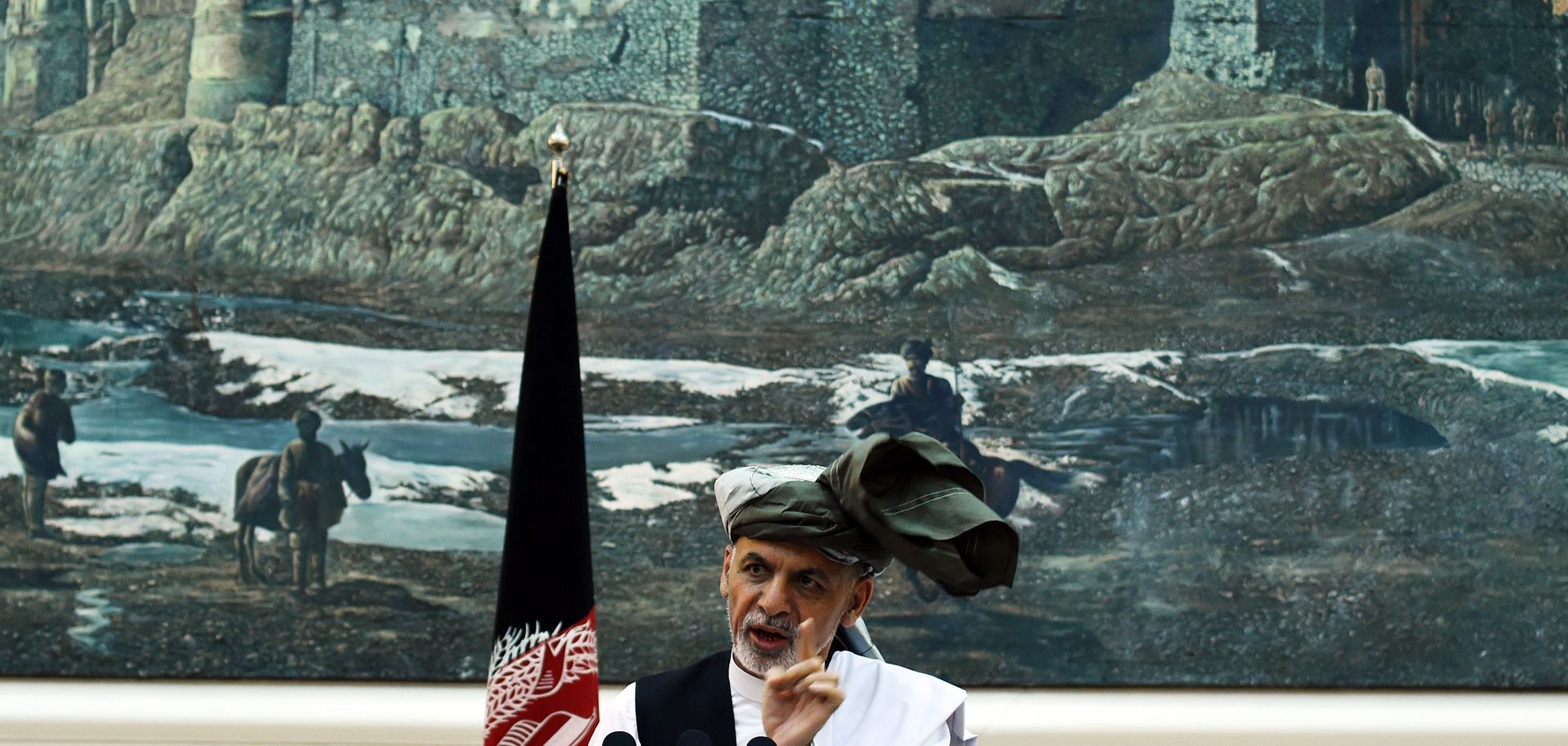ASSESSMENTS
In Afghanistan, Peace Talks Face an Uncertain Future
Aug 10, 2015 | 09:30 GMT

(WAKIL KOHSAR/AFP/Getty Images)
Summary
Peace talks between Kabul and the Taliban have reached a stalemate in the days since news broke that Mullah Mohammad Omar had died more than two years ago. The talks aim to yield some sort of power-sharing agreement to end more than a decade of fighting between the internationally recognized government in Kabul and the former Taliban leadership of the country. The news of Mullah Omar's death, however, has exacerbated deep divisions in the Taliban and thwarted attempts by interested outside parties, primarily Pakistan, India and China, to shape the talks. Outside powers and the Taliban are now scrambling to determine who exactly speaks for the Afghan militant group.
Kabul and neighboring states will struggle to contain the rising violence as various Taliban factions try to entrench themselves ahead of an anticipated drawdown of U.S. troops in 2016. The process is also likely to see greater involvement of regional states in Afghan affairs. While Pakistan has traditionally been the country most involved in Afghan affairs, India and China will exploit a window of opportunity to expand their respective footprints in Afghanistan with an eye toward Central Asia.
Subscribe Now
SubscribeAlready have an account?
